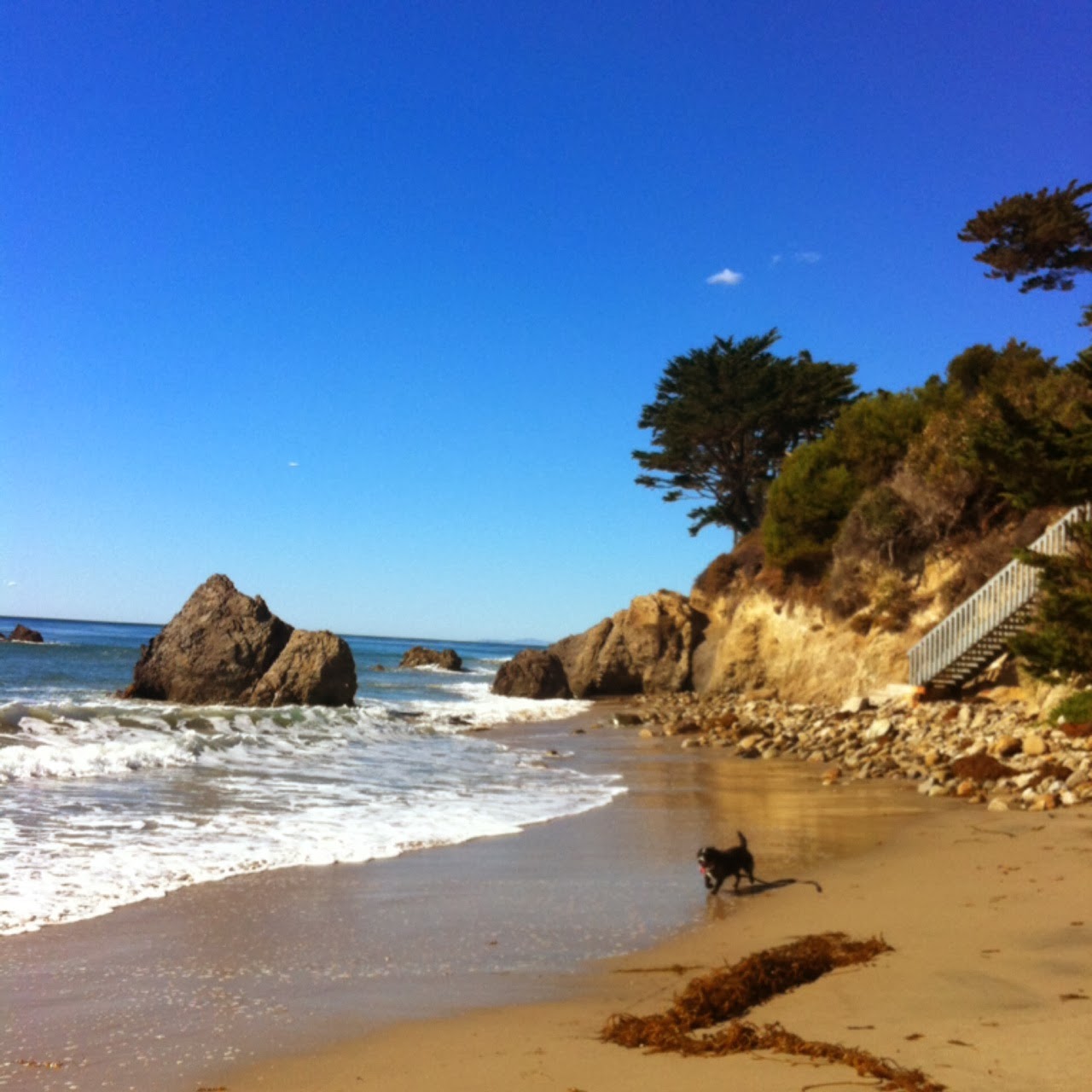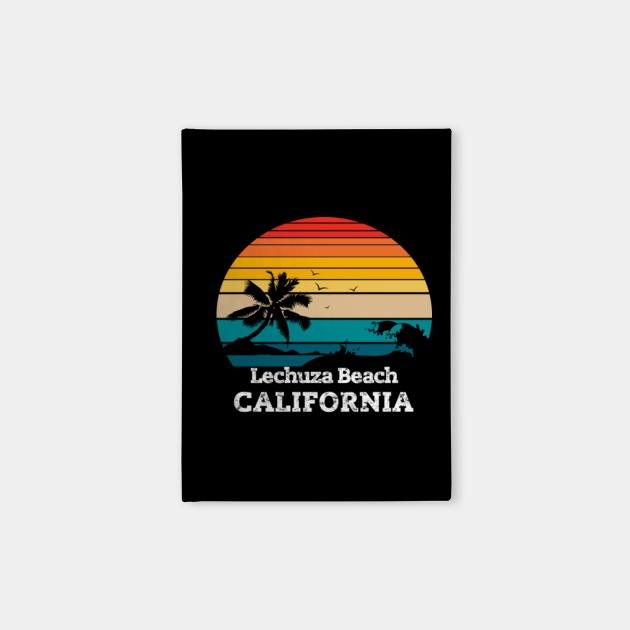

Some allow the public to walk across private property for recreation others restrict those easements to “fishing, fowling, and navigation.” Every year new questions arise. Most extend property rights to the high-water mark, a few to the low-water mark. No one, therefore, is forbidden to approach the seashore, provided that he respects habitations, monuments, and buildings.” This principle - that we collectively own the coast - found its way into the English, French, Spanish, and Mexican legal systems, which in turn inspired American law.īut every state interprets the principle differently. The Roman Emperor Justinian laid the groundwork for modern beach access when he declared in the sixth century, “By the law of nature these things are common to mankind - the air, running water, the sea, and consequently the shores of the sea.

Lechuza Beach private property sign (Jenny Price/) Read ’em and weep: In California there are no private beaches, yet beachfront property owners around Lechuza Beach in Malibu try to scare off visitors with menacing warnings of dubious legality. The debate triggers emotional reactions on both sides as homeowners’ wish for tranquility butts up against the public’s right to enjoy what - in most states, at least - is legally everyone’s. Underneath these conflicting views lie deeper questions that echo far beyond Malibu: Who owns America’s coastlines? How much access does the public deserve? Does buying an expensive waterfront home guarantee quiet and privacy? Must property owners accommodate strangers who can only reach the surf by cutting through private land? Communities from California to Maine are struggling with these issues, which are rooted in almost 1,500 years of legal history. They worry that it will attract, as one resident told me, “yapping dogs and screaming children,” along with their litterbug parents, to beaches that are ill-equipped to handle more people. Though the duo has no plans to expand into other regions, the California Coastal Commission is independently releasing its own statewide app, developed by former Facebook president Sean Parker as restitution for throwing a lavish wedding at Big Sur without a permit.īut the new technology has triggered a backlash from some homeowners. Price hopes the 42,000 people who have downloaded the app will help prevent wealthy beachfront owners from treating the coastline like their own “private Riviera.” She and Adair also hope the app will protect those owners by advising visitors where not to walk.
LECHUZA BEACH MALIBU SOFTWARE
That’s where the Our Malibu Beaches software proves helpful: “It gives people the tools,” Price says, “to use these beaches that belong to us.” But reaching those beaches, especially in affluent Malibu, can be daunting for someone who doesn’t know where the access points are, or can’t distinguish the counterfeit no-parking signs from the real ones. California’s 840-mile coastline, from the high-tide mark down to the ocean, belongs to all of its residents. What enabled us to find this hidden, idyllic stretch - the scene of legal and political skirmishes since the 1970s, when homeowners installed metal gates without a state permit - was a smartphone app that Adair developed in 2013 with writer Jenny Price. “It’s a beautiful day in January, a holiday, and you’ve got the beach to yourself.” Two young men toss around a football, but otherwise this state-owned beach is nearly deserted on a sunny Martin Luther King Jr. Gulls perch on rock formations that rise from the waves. Bougainvillea and ice plant dapple the 75-foot bluffs.

Climbing down a staircase, we reach Lechuza Beach, which is as stunning as Adair had promised. We come to a shady plaza with wooden Adirondack chairs overlooking the Pacific. “But there’s an easement, so we’re allowed to use it.” We stroll along a row of cliffside houses, and he reminds me that what we’re doing is perfectly legal. “I feel a little naughty doing this,” I tell Adair, a 43-year-old radio producer who also co-owns a boutique software company called Escape Apps. Turning down a road marked “Private,” we come to a metal gate that says, “Right to pass by permission and subject to control by owner.” It looks locked but isn’t, so we twist open the knob and walk through. We get out of the car and locate our landmark: a blue-and-white sign half-hidden among the branches of an avocado tree. Ben Adair parks on the narrow shoulder of a residential street in Malibu, California.


 0 kommentar(er)
0 kommentar(er)
